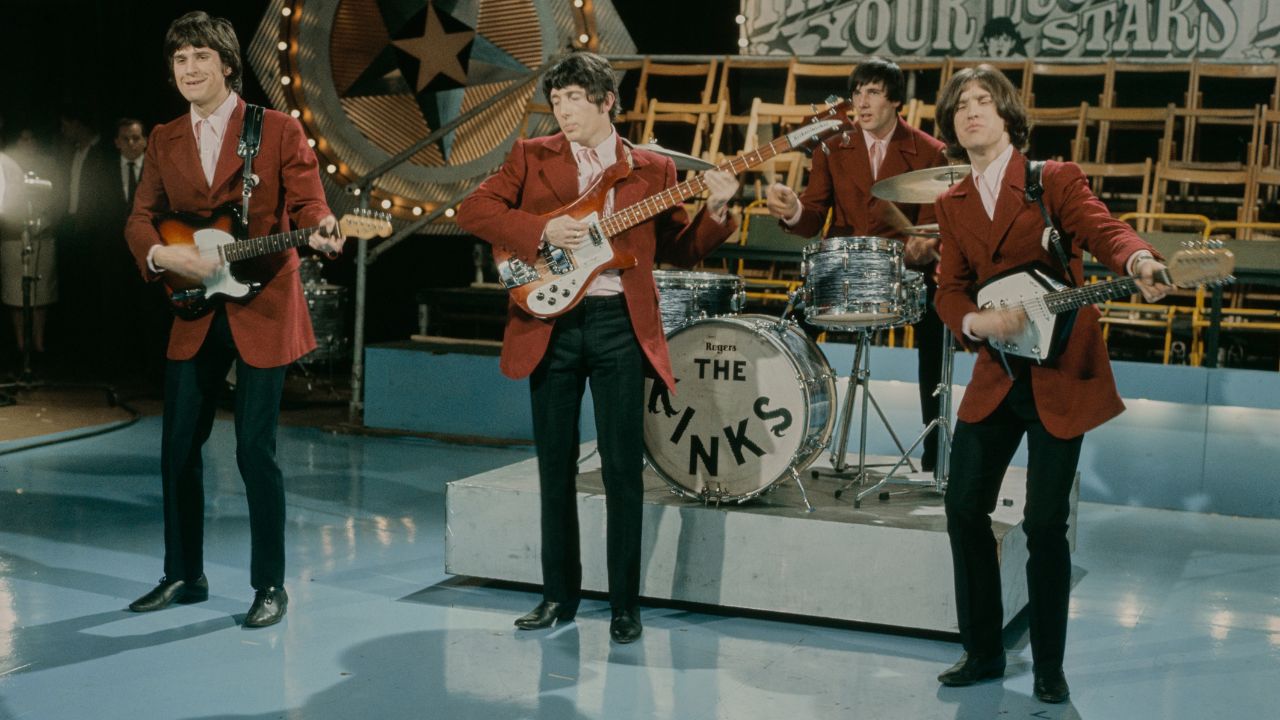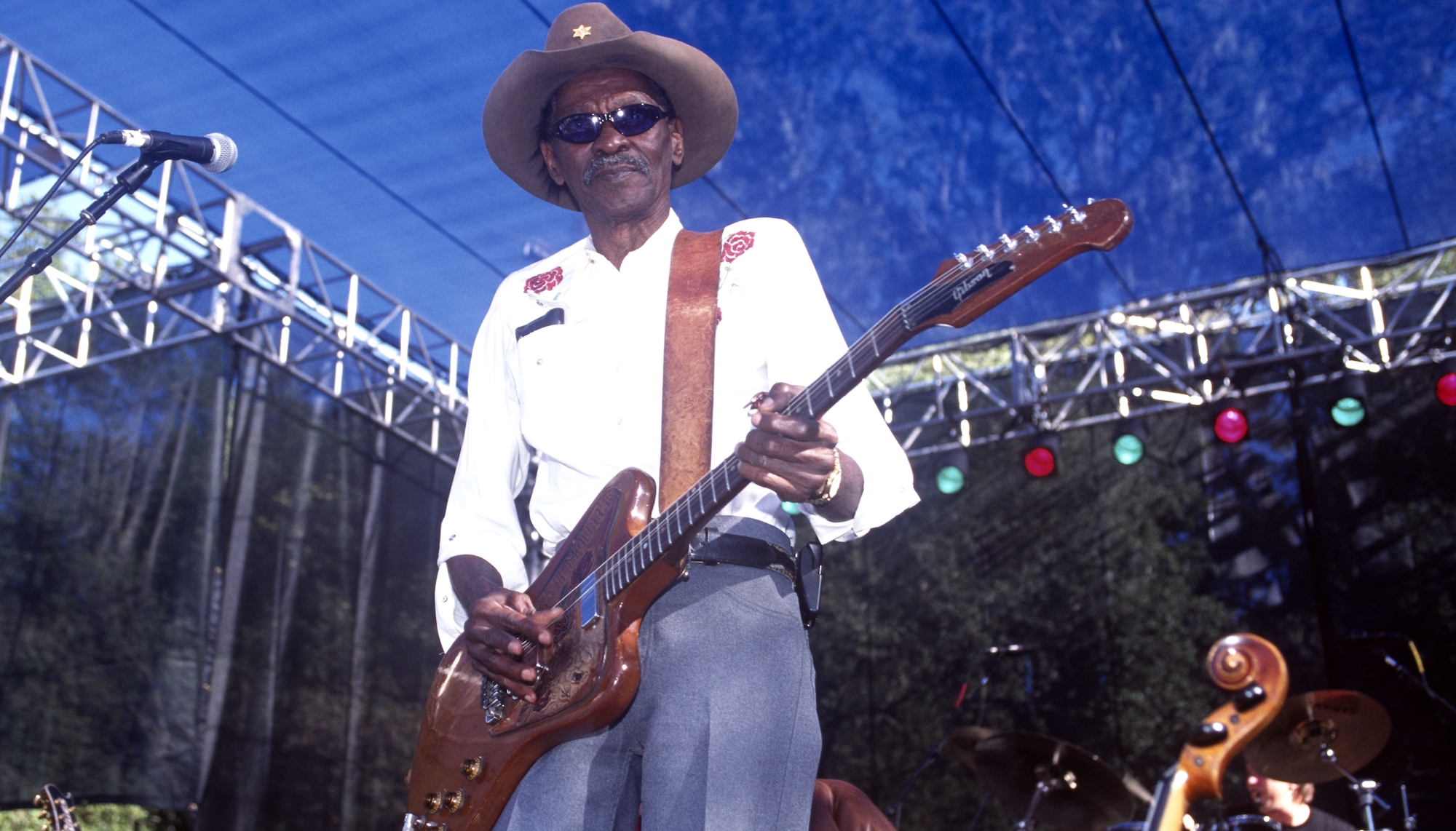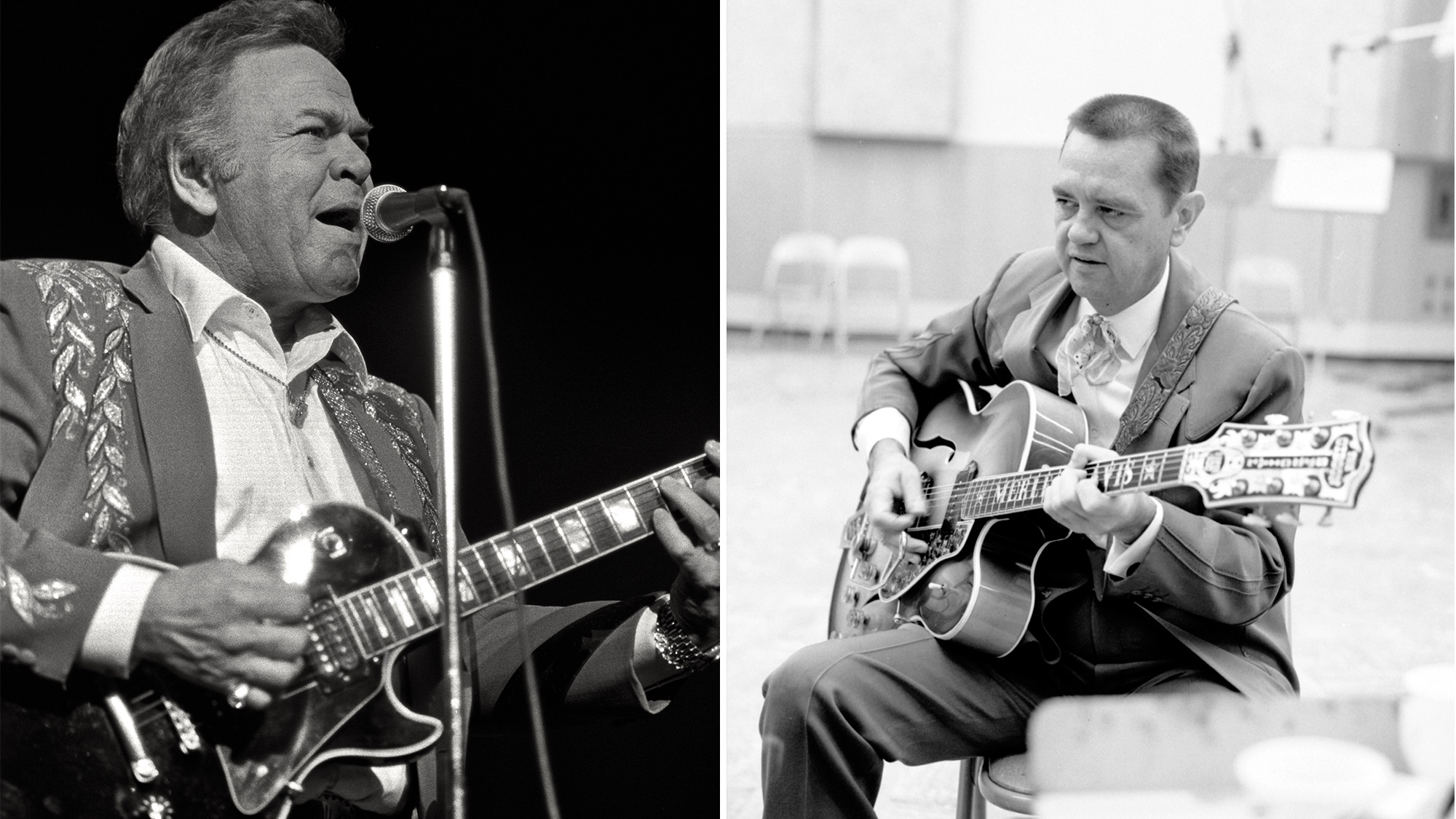Graham Nash on 'CSNY 1974' and Watching Stephen Stills and Neil Young Battle
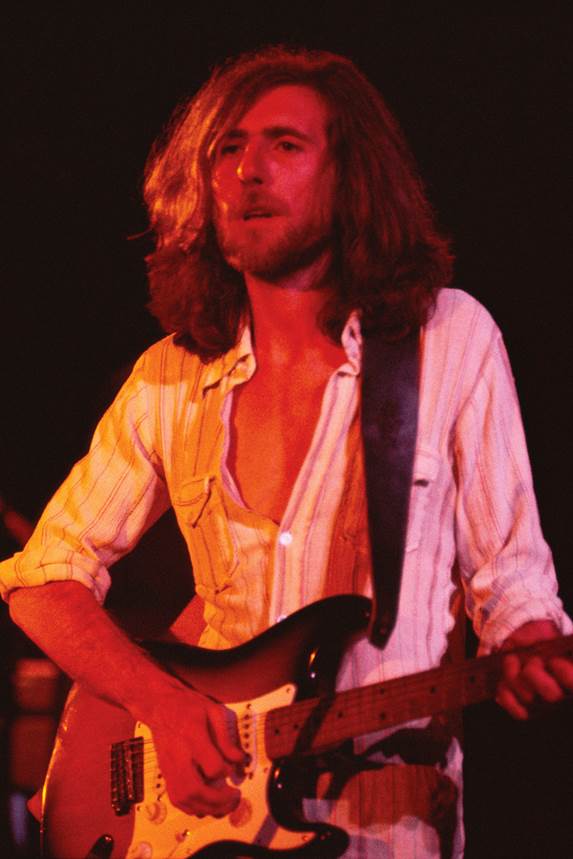
Between July 9 and September 14, 1974, David Crosby, Stephen Stills, Graham Nash and Neil Young played 31 shows on a tour that took them through the U.S. and up into Canada, touching down for a grand finale at London’s Wembley Stadium.
Over the 40 years since then, it’s been the over-the-top excesses of what Crosby dubbed “The Doom Tour” that made up most of the memories of those shows. Mention “CSNY” and “summer of 1974” and you would get wild tales of prodigious quantities of dope, Learjets and hotel pillowcases across the continent embroidered with the band’s logo … and not a whole lot about the music.
But now we have CSNY 1974, a 3CD/1DVD set (co-produced by Graham Nash and über-archivist Joel Bernstein) that serves as a powerful reminder, all the weirdness aside, of the amazing music this quartet created. Backed by Tim Drummond (bass), Russ Kunkel (drums) and the late Joe Lala on percussion, Crosby, Stills, Nash & Young played their asses off that summer — and CSNY 1974 is the proof.
I recently had a chance to spend some time with Nash in New York City, talking about the new box set and standing in the line of fire of some epic Young/Stills guitar battles.
GUITAR WORLD: As a guitarist, what’s it like to play alongside Neil Young and Stephen Stills?
I’m constantly reminded that I’m no Neil Young or Stephen Stills. [laughs]
Who is? [laughter] How have they influenced you?
Get The Pick Newsletter
All the latest guitar news, interviews, lessons, reviews, deals and more, direct to your inbox!
Not much, really. I still play the same basic three chords, you know. And there’s David Crosby: When we rehearse my songs, it only takes about 10 seconds; when you’re rehearsing one of David’s songs, you’re there for days. He’s much more jazz-influenced than I was.
I enjoy jazz. I came here in 1966 and went to the Village Gate to watch Miles Davis. I saw Gerry Mulligan and Mingus, you know, but … I’m a very simple man. I know, I wrote that song and it’s true. I want to get your attention right from the beginning. I’m not interested in you trying to figure out four choruses later what the fuck I’m talking about. I want to get you from the first line.
How would you describe Stephen’s guitar playing compared to Neil’s?
They're very different, not only sonically, but different in style, as well. Stephen is much more blues-based and Neil is more … “experimental” isn't the right word … “futuristic” isn't the right word …
I’ve used the word “angular” at times to describe Neil’s playing
That’s a good word, yeah. To me, Neil’s one of the great guitar players in the world. They both are, and to stand in the middle of that shit and watch these two longhorn stags — “Hey, I’m playing this.” “Oh, yeah, motherfucker? Well check this out!” “Oh, really?” — it’s very interesting as a musician. I can't look at them from the point of view of being a guitarist as I’m an incredibly simple guitar player. I hardly know what I’m doing.
Stop it.
I’m not kidding. I know enough to write for myself and express myself in my songs, but it's not like anyone’s going to look to me to learn how to play guitar. But Stephen and Neil are really geniuses at what they do.
Well, you’ve had the best seat in the house to observe them for 45 years. Have you ever been in the middle of one of those longhorn stag moments you just described and felt … concerned by the aggressiveness?
Oh, yeah. Not concerned physically for them, but just concerned for, “Where the fuck does it go from here?” There are always crests and shallow parts of the wave — there should be in a solo — but there have been times when I’ve thought, “How do we get out of this? This is interesting …” But something happens, and they’re able — with body language and looks in the eyes — to convey exactly where we’re supposed to be going.
Convey to everybody.
Yeah, and then apply that to, say, Russell Kunkel, back behind the drums on that tour in ‘74. Russell couldn’t see our eyes; he simply knew where it was going. I think that’s one of the things the CSNY 1974 box set shows: just how good those musicians were to follow someone they weren’t looking at.
Knowing that you might have played the same song last night, but tonight’s arrangement is something totally different.
That’s right. Very often it was. But on the other hand, it's just music. And if you’re listening, you can figure it out, you know?
You keep making things sound simple...
It's stood me well so far. [laughter]
A former offshore lobsterman, Brian Robbins had to wait a good four decades or so to write about the stuff he wanted to when he was 15. Today he’s a freelance scribe, cartoonist, photographer and musician. His home on the worldwide inner tube is at brian-robbins.com (And there’s that Facebook thing too.)
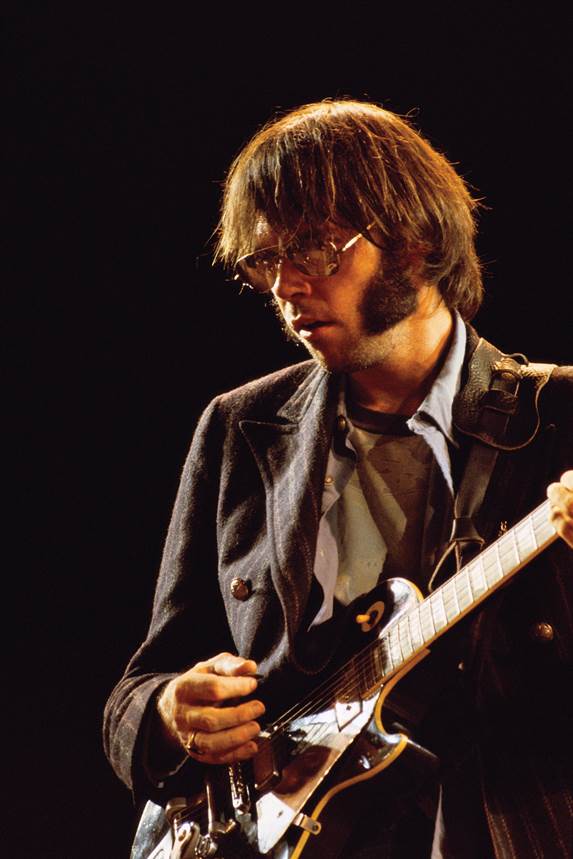
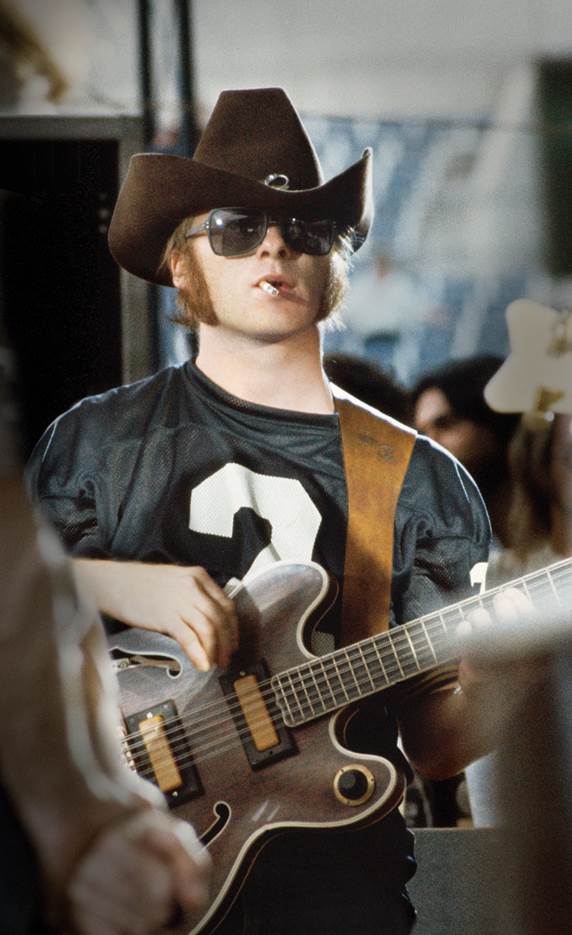
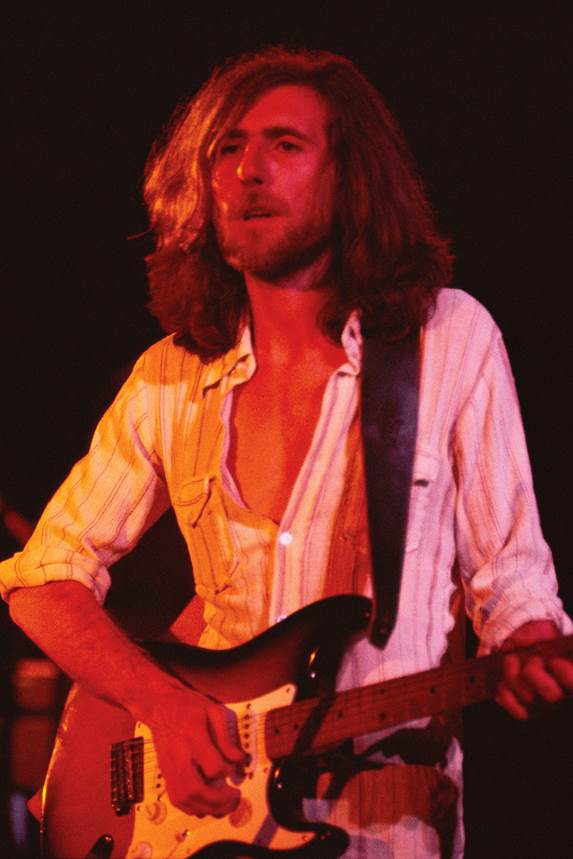
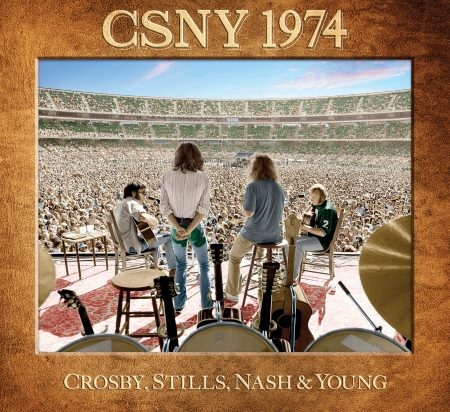
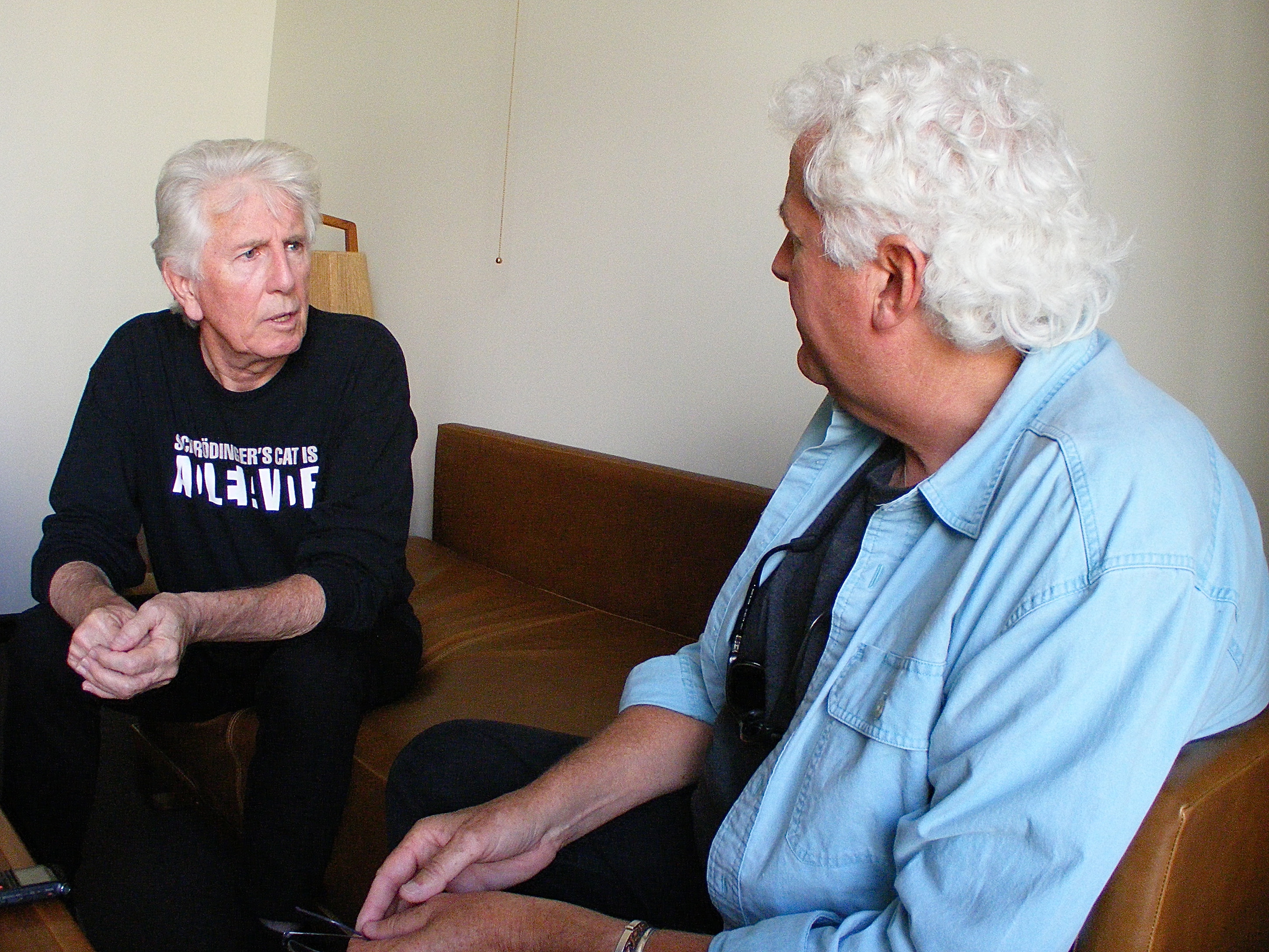
“Chuck Berry's not a very good guitar player. He's a clown. He runs all over the guitar, just like any one of these old rock players would do, and makes no sense”: Clarence “Gatemouth” Brown pulled no punches when speaking about his fellow guitar heroes
“I said, ‘Merle, do you remember this?’ and I played him his song Sweet Bunch of Daisies. He said, ‘I remember it. I've never heard it played that good’”: When Roy Clark met his guitar hero
